
The biggest surprise about the Google Pixel 8a isn't that it's here — rumors suggested the launch of the midrange phone was in the works — but rather that it's here so soon. Most of us anticipated seeing the phone at Google I/O 2024 next week, but Google sprung a surprise by rolling it out sooner than that.
Whenever the Pixel 8a made its eventual arrival, the phone was sure to get a warm welcome. Google's Pixel A phones have a strong track record of delivering a lot of value, and an early glance at this new phone suggests the Pixel 8a is going to continue that tradition. Don't believe me? Check out our Pixel 8a hands-on for initial impressions of the new handset.
With Pixel 8a preorders underway in advance of the phone's May 14 release, maybe you're trying to decide whether Google's latest is the right device for you. Our full testing is currently underway and can help you with the decision. But for right now, just looking at the listed features and specs for the Pixel 8a can give us an idea of whether or not to buy this phone or wait for something else to come along.
Reasons to buy the Pixel 8a
The same attractive price
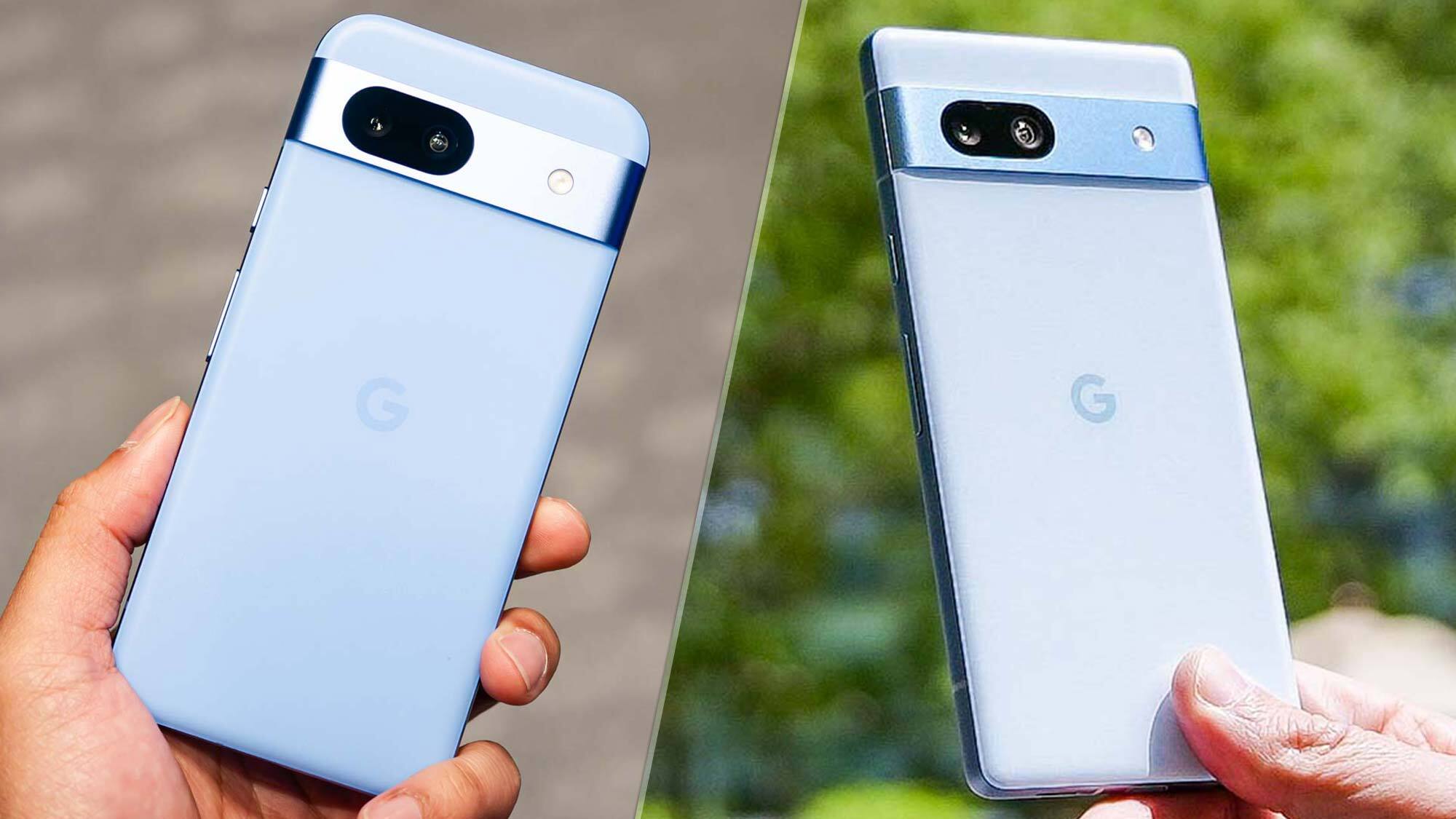
Prior to the Pixel 8a's launch, rumors suggested a price hike was in the works for Google's midrange phone. That turned out to be true in some parts of the world — U.K. shoppers, for example, will pay £50 more for the Pixel 8a than they did for the Pixel 7a — but in the U.S., the Pixel price remains the same at $499 for the 128GB model.
A similar price hike in the U.S. may not have turned people off the Pixel 8a, assuming the additions to the phone turn out to be as good as advertised. But staying under that $500 threshold is psychological significant and drives home what a good value Google offers with its midrange models. It also keeps the Pixel 8a competitive with devices like the identically priced OnePlus 12R and the Galaxy A35, which is available for $100 less than Google's offering.
Extra storage if you need it
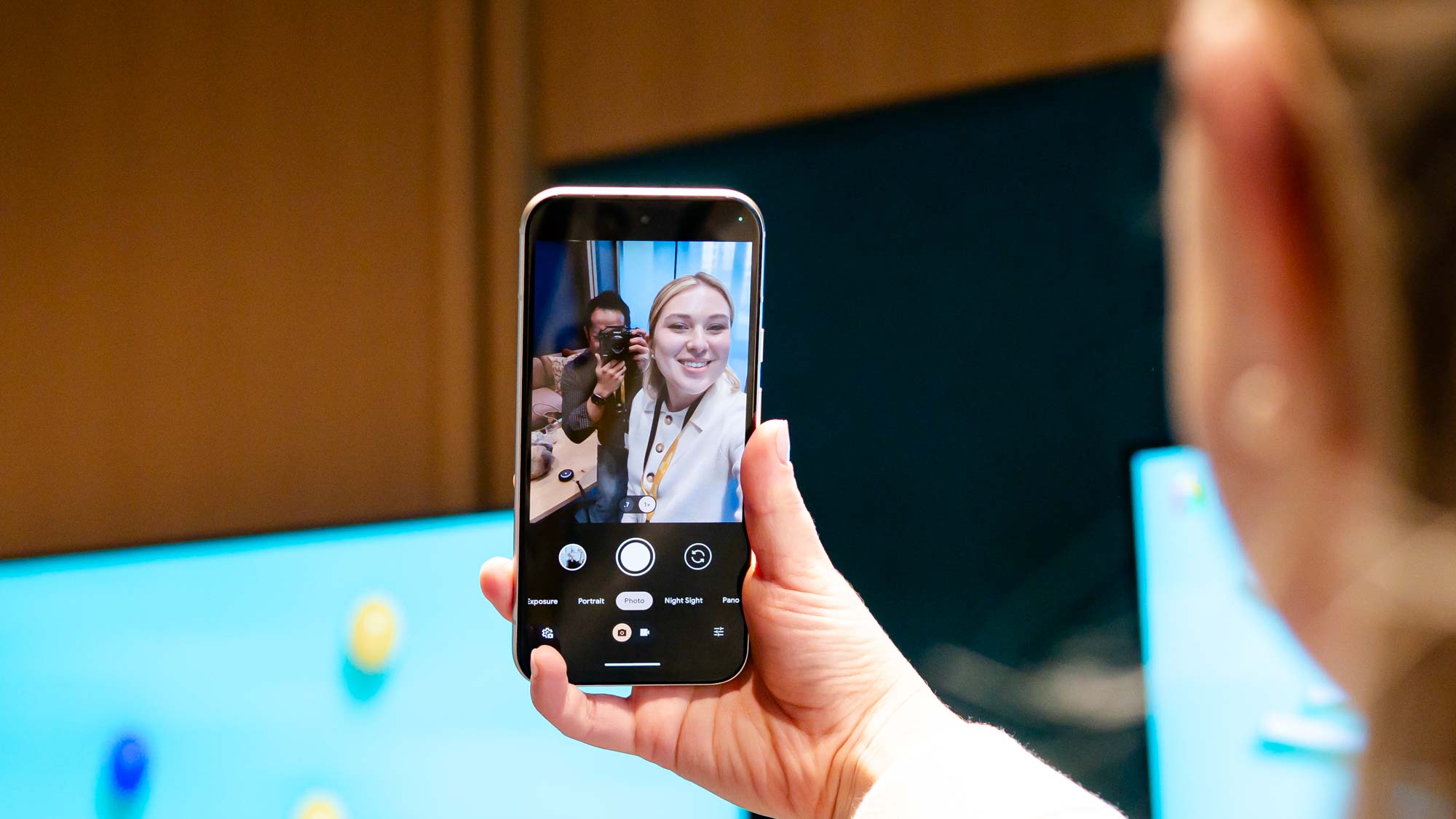
When I mentioned that there's a 128GB model, you might have inferred that there are multiple storage options for the Pixel 8a. Your guess was correct — Google also has a 256GB version of the phone. That's significant since neither the Pixel 7a nor the Pixel 6a before it had more than one configuration to choose from.
The 256GB Pixel 8a does not come cheaply. It will cost $559, and at present, it only appears to be available in the Obsidian color option. But for an Android phone that famously doesn't feature a microSD slot for adding to your phone's capacity, at least Google is offering another storage capacity, even if it is for a $60 premijm over the main model.
Tensor G3 features for less
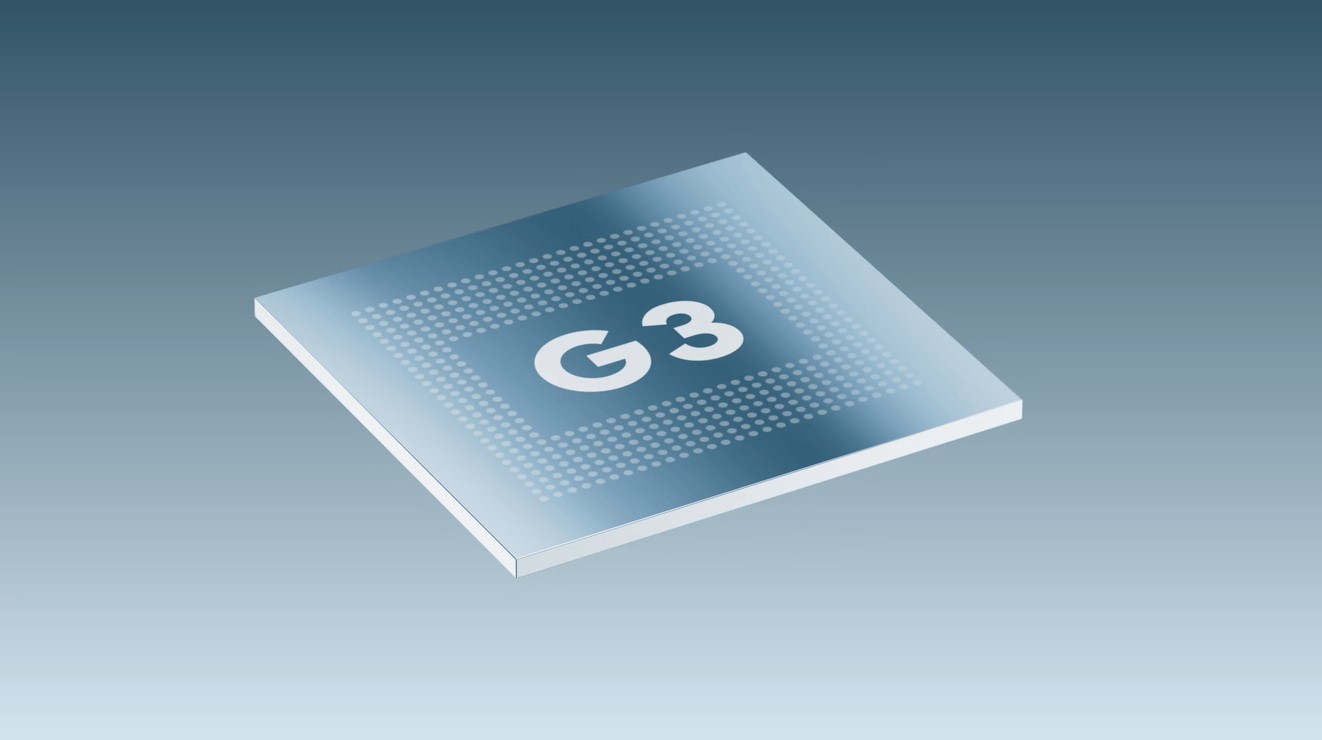
Since it has the same Tensor G3 chipset as the Pixel 8 and Pixel 8 Pro, the Pixel 8a supports the same AI-powered features. That means everything from Circle to Search to Call Assistant is present on the Pixel 8a, which costs $200 less than the Pixel 8.
The frictionless Circle to Search tool — just circle something in an image and a results pane will slide up — is certainly a highlight of the AI features enabled by Tensor, but don't overlook photo editing tools like Magic Editor (resize and move objects in your photos) or Best Take (use AI to clean up your group shots). Much like the Galaxy AI tools that appeared on the Galaxy S24 earlier this year, Google's AI features are both practical and easy to use, making your Pixel phone that much more powerful without a steep learning curve.
A better display
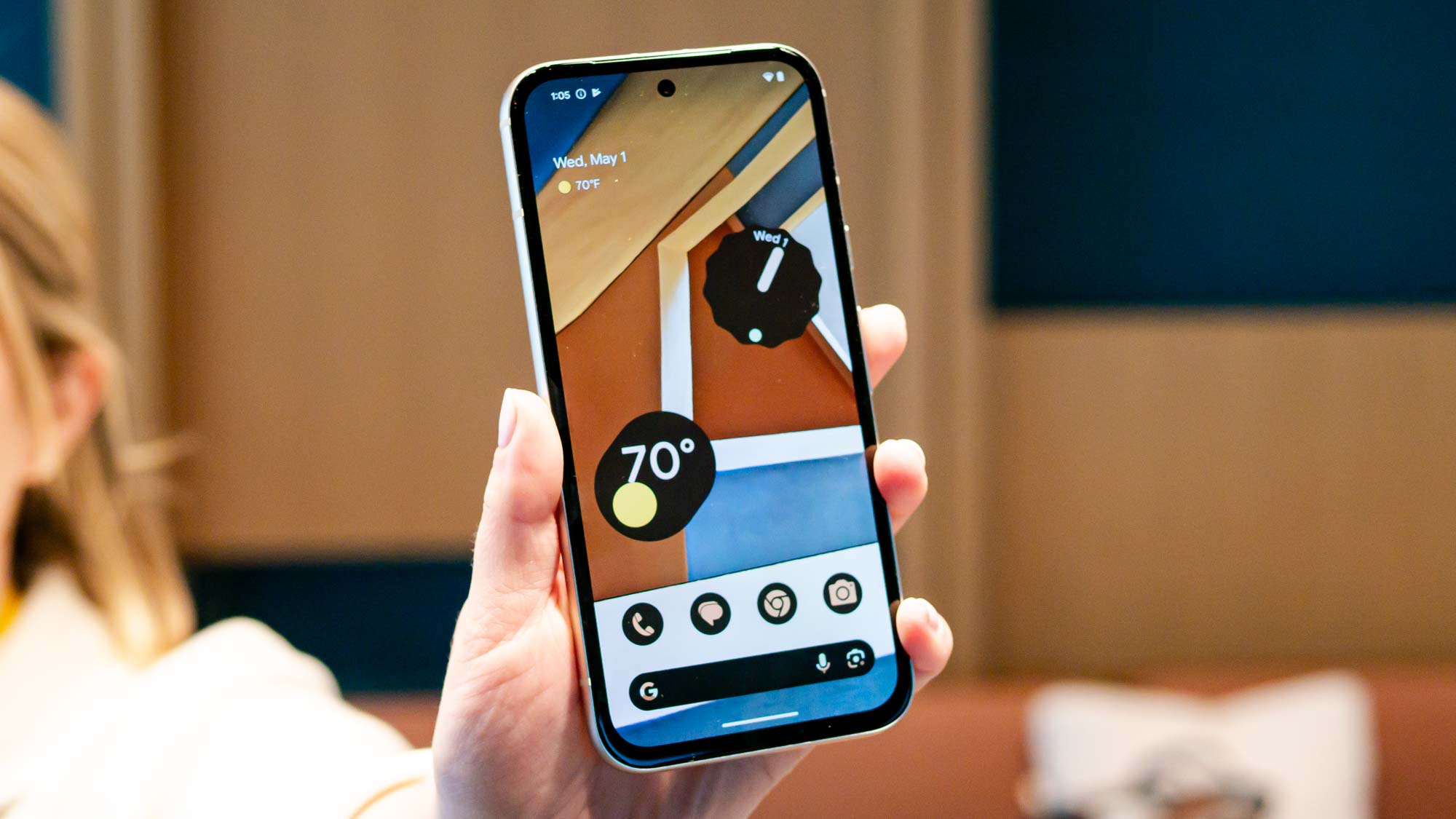
If you were impressed by the Pixel 7a's screen — and it was very bright for a midrange device — the Pixel 8a should generate even more kudos. Google has essentially matched the screen on the Pixel 8, meaning the Pixel 8a will offer the same maximum brightness of 2,000 nits. We'll have to test the new phone with our light meter, but we imagine the Pixel 8a is going to outshine the Pixel 7a.
That's not the only display improvement to look forward to. The refresh rate on the 6.1-inch Pixel 8a screen is now 120Hz, compared to 90Hz for the Pixel 7a. That means extra smooth scrolling and more immersive graphics, and it's another example of how Google finds a way to deliver premium features with its Pixel A phones without slapping a big price tag on the phone.
Extended support
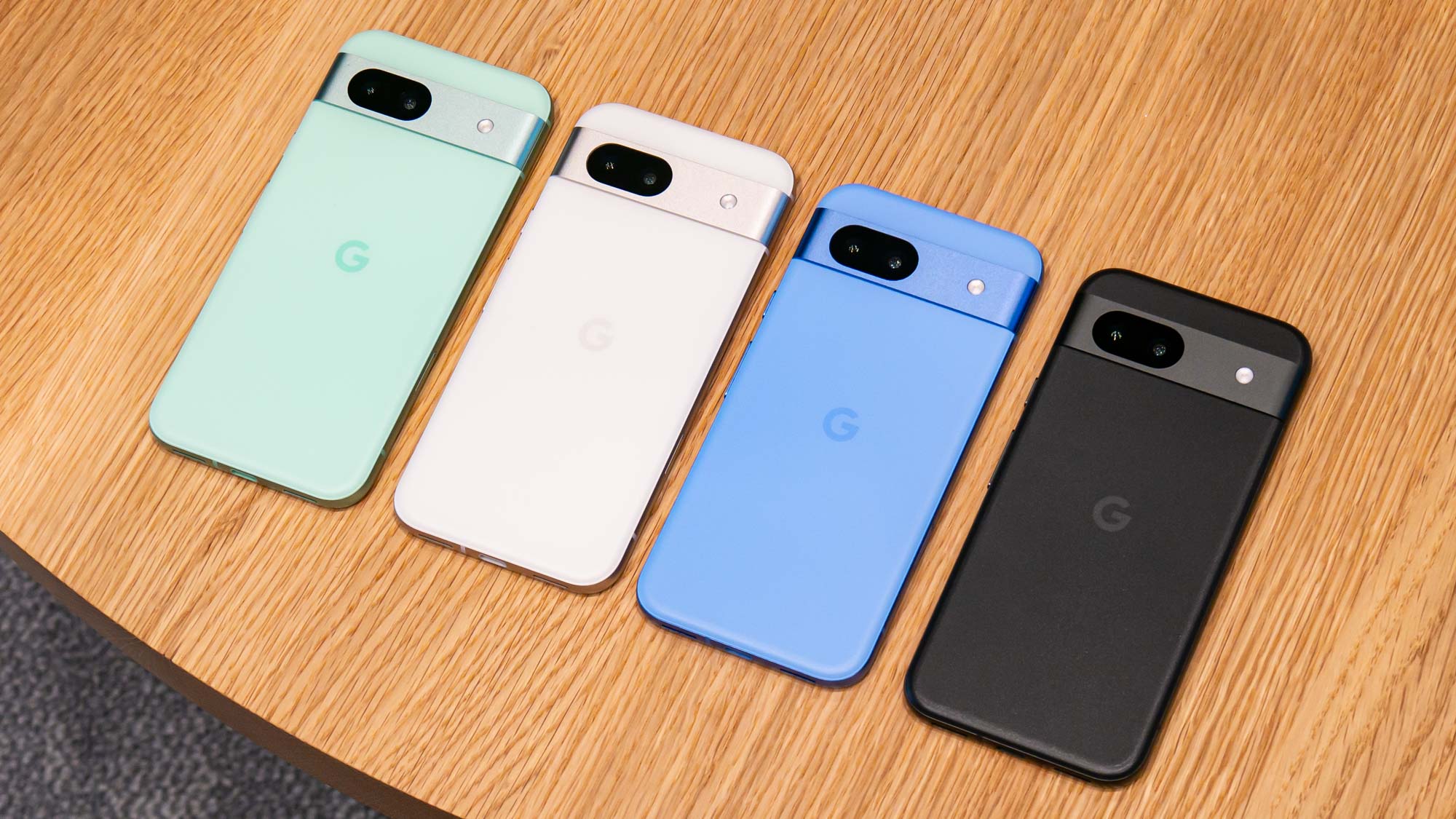
The Pixel 8a picks up another Pixel 8 feature, and it's a really valuable one. Like Google's flagship phones, you can now count on Android software updates plus security support for the next seven years. In theory, you wouldn't have to look for a new smartphone until 2031.
I've written before how low prices on phones are certainly welcome, but if the software support is stingy, those savings end up getting devoured by having to buy a new phone more frequently. Google recognizes this, so not only are you getting a device with a lower price with the Pixel 8a, you're also getting one that's built to last for how ever long you care to hold on to it.
Reasons to skip the Pixel 8a
No big camera hardware improvements
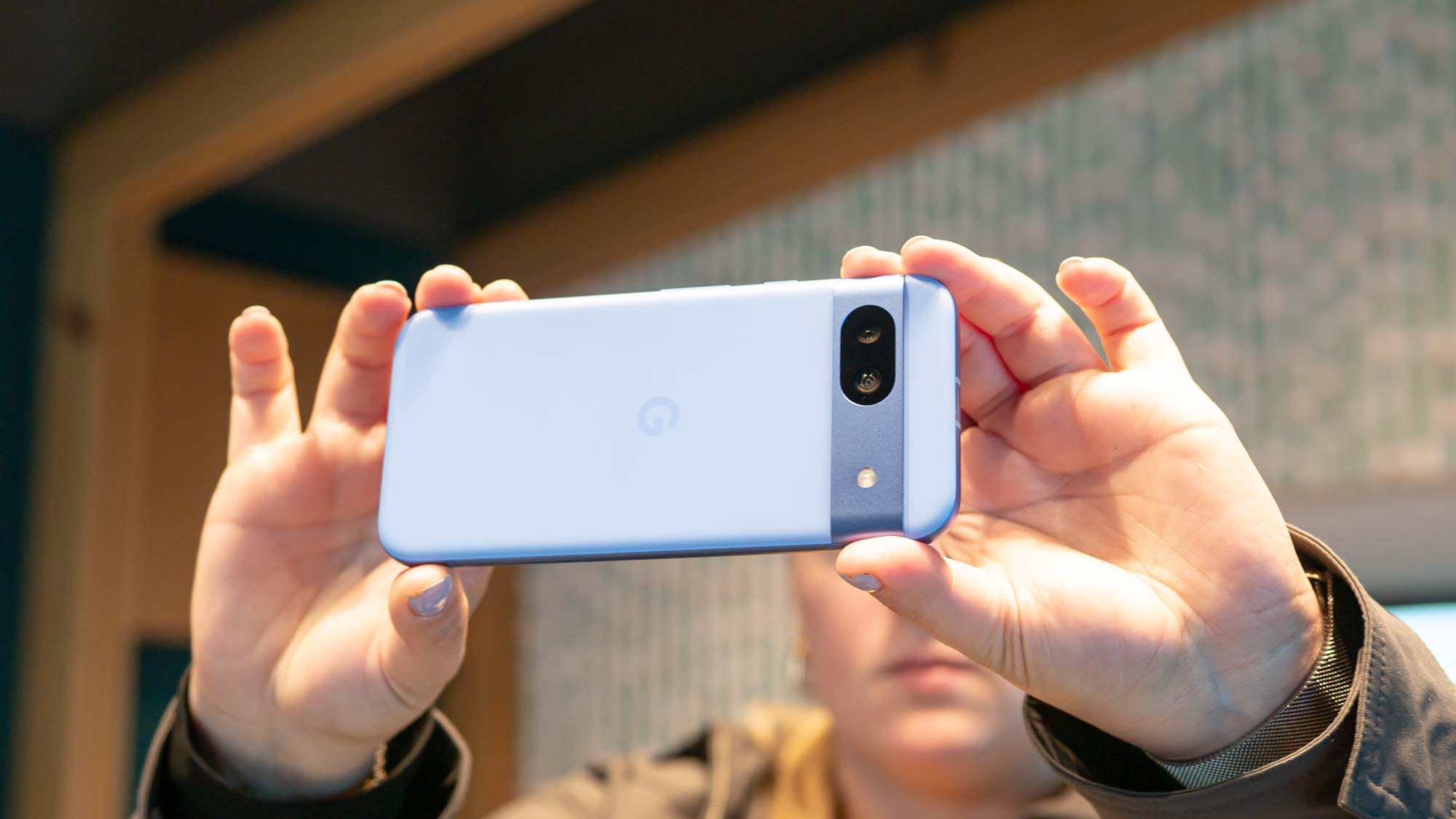
Chances are, you prefer Pixel A Series phones for their well-deserved reputation as superior low-cost camera phones. But if you bought the Pixel 7a for that reason a year ago, there's no incentive to upgrade to the Pixel 8a.
Google kept the camera hardware essentially the same on the Pixel 8a as what the Pixel 7a features. The 13MP front camera has a slightly wider field of view on the newer phone, but the 50MP main camera and 13MP ultrawide shooter saw no improvements from the previous year.
That's not necessarily a bad thing, as the Pixel 7a ranked among the best camera phones since its debut. And we won't know what kind of tweaks Google made to its photo processing algorithms until we test the Pixel 8a cameras. But if your current phone is fairly recent, the camera changes on paper aren't going to do much to tempt you to give the Pixel 8a a try.
Battery life is uncertain
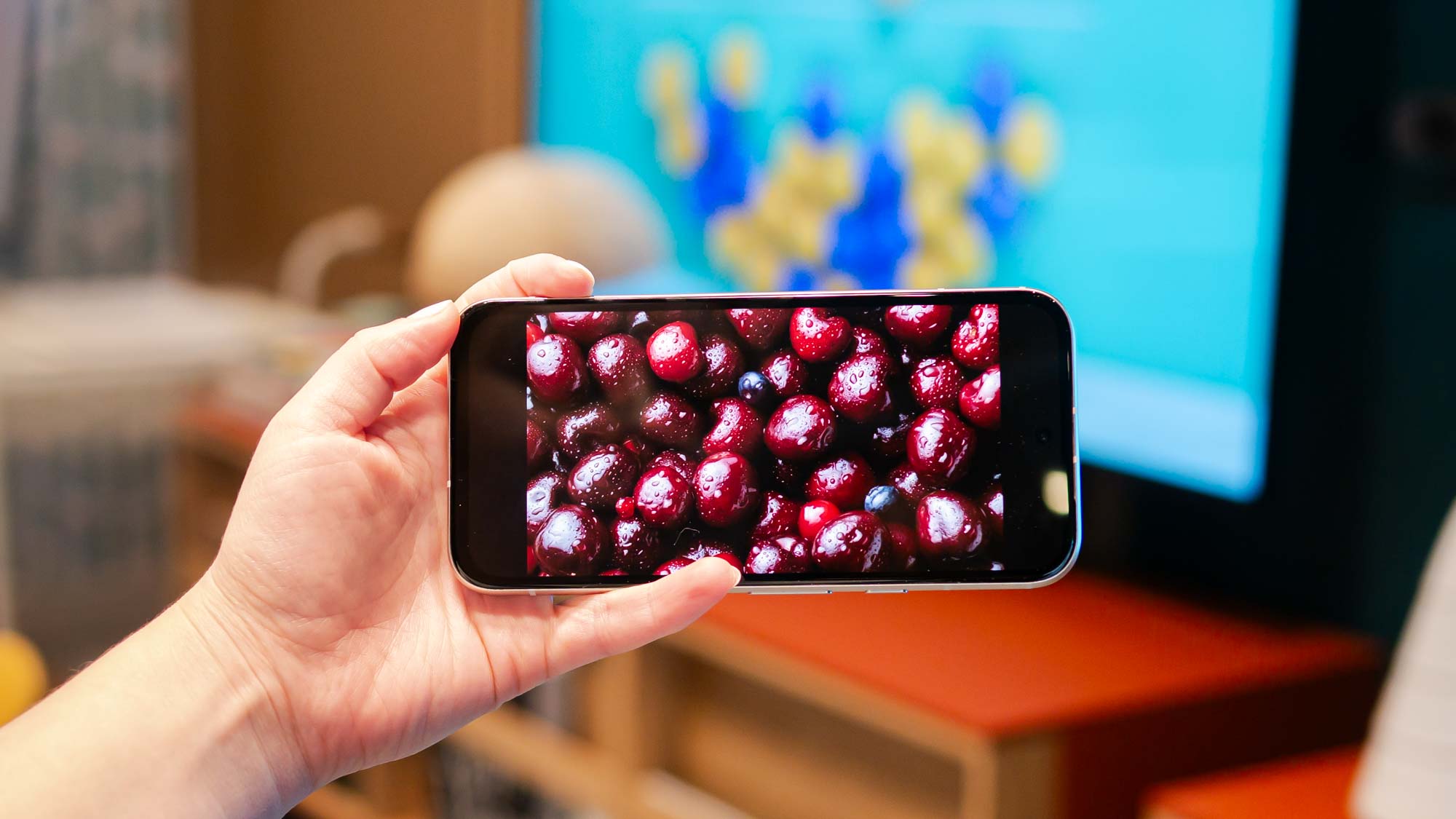
This potential con could turn into a big plus once we conclude testing on the Pixel 8a. But Google's track record in terms of battery life hasn't been solid on recent phones, so we'd be a little cautious about giving the Pixel 8a the benefit of the doubt here.
The Pixel 7a topped 10 hours on our battery test, finishing in line with the average smartphone. That's a big improvement over its recent predecessors, as the 7a's time was a 3.5-hour improvement over the Pixel 6a result. We also had to turn off the automatic refresh rate on the Pixel 7a to get that result.
The Pixel 8a does have a bigger battery than the 7a, but only just, and its Tensor G3 chipset does figure to offer improved power efficiency. Will that translate to a better battery test result for the new phone? It's possible, but history isn't on the Pixel's side here.
The Tensor is not a top-performing chip
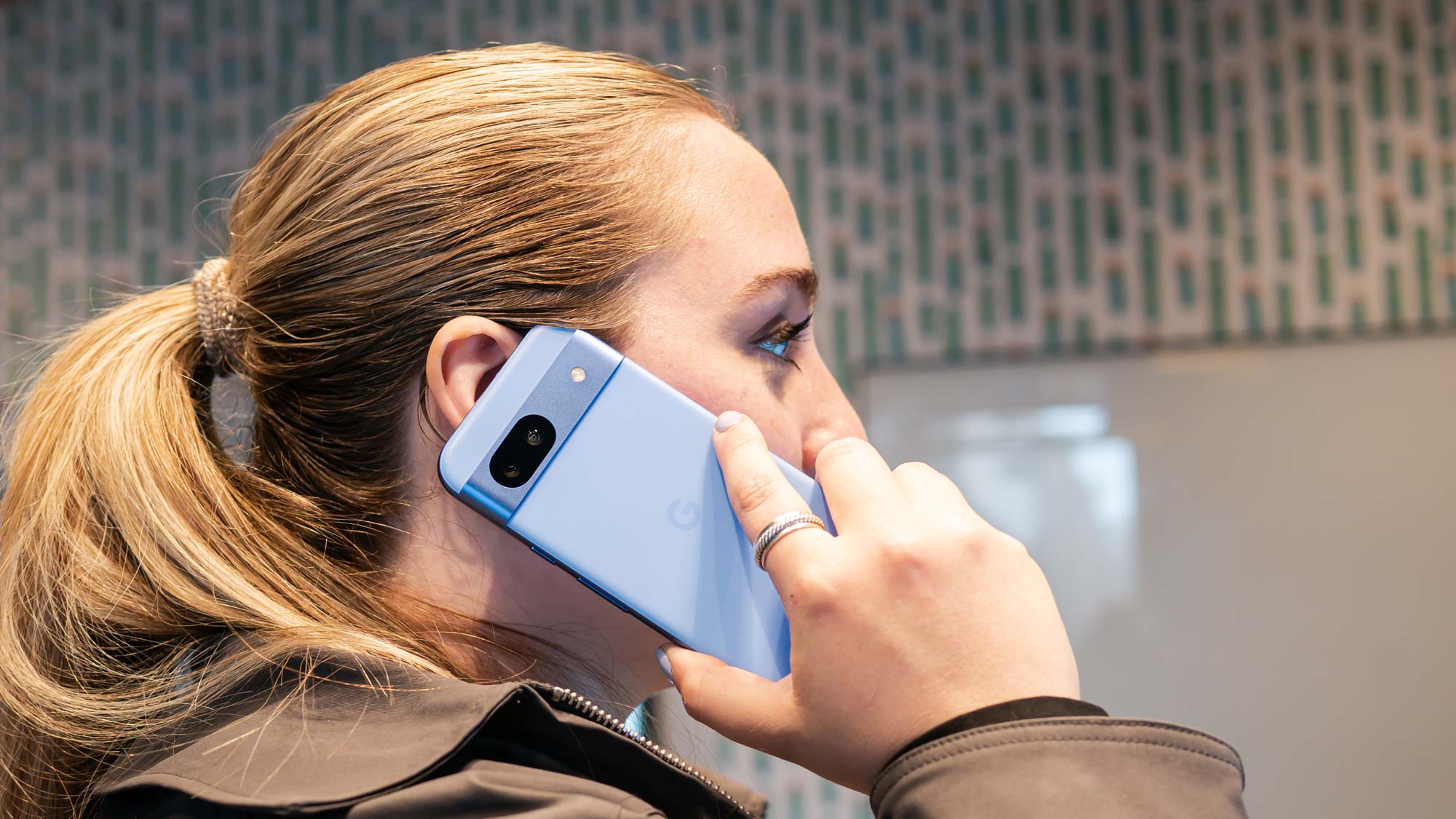
Here's something we don't have to test for the Pixel 8a, since we already ran benchmarks on the Tensor G3 when the Pixel 8 came out. Barring any surprise tweaks to the silicon, it's going to trail the Snapdragon 8 Gen 3 system-on-chip found in other top Android devices when it comes to performance numbers.
The Pixel 8 turned in single and multicore scores of 1,569 and 3,744, respectively, on Geekbench 6. That compares to 2,235 and 6,922 on the Galaxy S24 running on Snapdragon 8 Gen 3 silicon. The gap in graphics testing was even bigger — 120.4 frames per second on 3DMark's Wild Life Unlimited for the S24 and 14.6 for the Pixel 8.
If you want some good news, the Tenso G3 does outperform the Exynos 1380, and that's the chipset found in the Galaxy A35 — a phone more in the Pixel 8a's price range. And while you don't buy a Pixel phone expecting blazing performance, that difference in performance is really quite noticeable when comparing phones.
Google Pixel 8a outlook
Testing will tell the tale with the Pixel 8a, answering a lot of the remaining questions we have about the new phone. But for now at least, it looks like there's plenty to recommend the Pixel 8a, especially if you've been holding on to your current phone for a while now. More recent upgraders may want to wait for more convincing, however.







